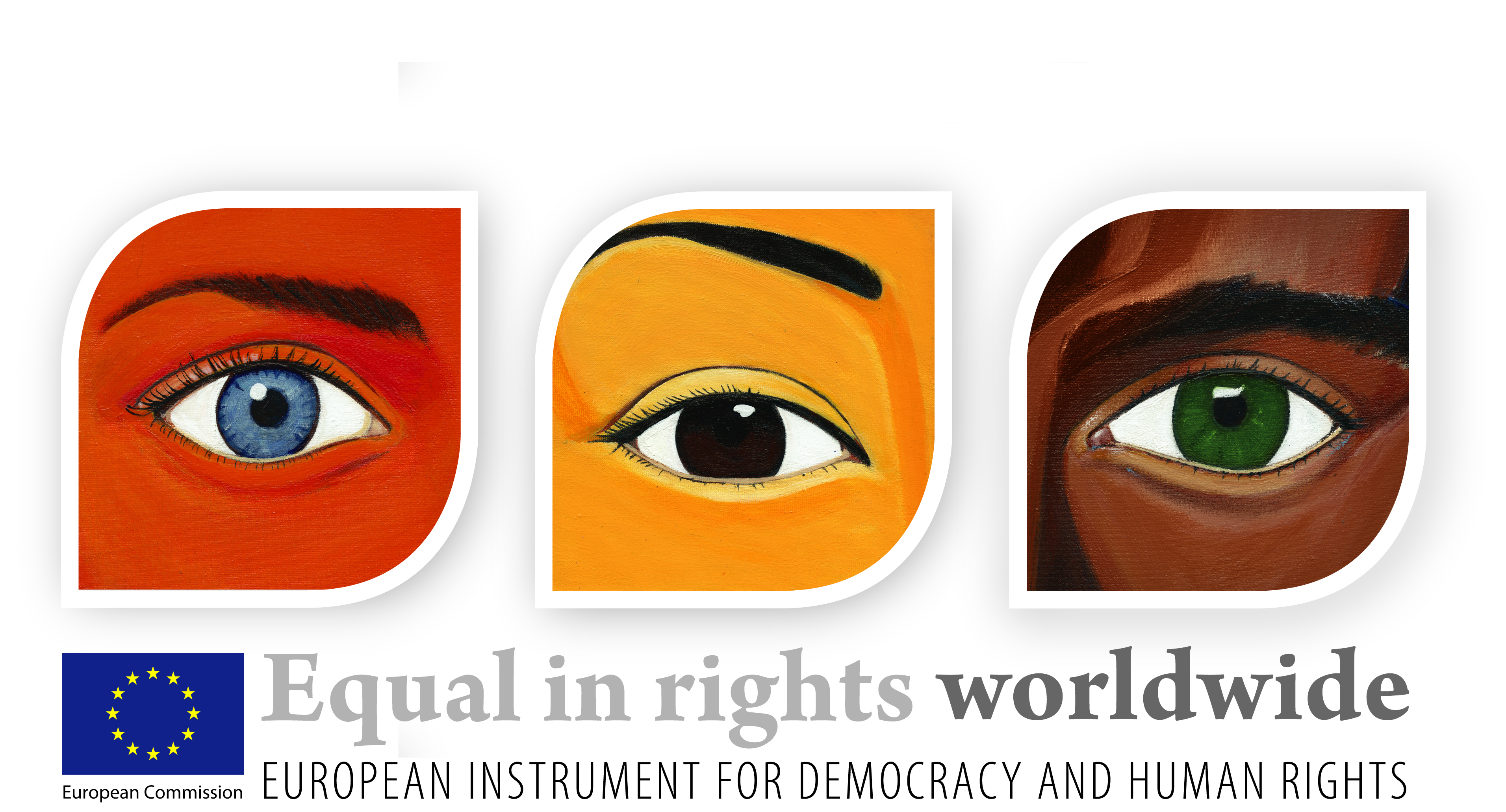
By APCNews
Published onPage last updated on
Day 3 of the "Advocacy International: Advancing our digital rights agenda for Asia" workshop was one of contrasts, with the first two sessions covering advocacy spaces like the Internet Governance Forum (IGF) and technical spaces like the Internet Corporation for Assigned Names and Numbers (ICANN) and International Telecommunication Union (ITU) from the perspective of how they function, and the last session speaking to the experience of civil society as they engage in them.
In the day’s first session, “Internet governance and digital cooperation”, Anriette Esterhuysen, the senior advisor on internet governance, policy advocacy and strategic planning at APC and chair of the Multistakeholder Advisory Group of the IGF, invited participants to reflect on how they viewed multistakeholder internet governance. While some believed that it was a way for civil society to have more voice and power in global internet policy decisions, and a few others thought that it is a ploy to keep lots of people busy talking while the real decisions are still made in other places by actors who already hold power, most said they felt it was a bit of both. These spaces can be sites of struggle, but they are also important, and a way for civil society to get out of their echo chambers. It is therefore necessary to analyse and get involved with the design of each multistakeholder process, so that it can be better used for our advocacy.
The Internet Governance Forum is one such space which provides an opportunity for civil society to engage with governments, businesses, media, academics and the technical community. While the internet is common ground for all these stakeholders, they are far from homogenous and all have their own interests and ideas. As civil society, understanding where they stand is key to negotiating and amplifying our agenda.
Following this, the second session of the day, “Telecom and internet infrastructure advocacy”, was facilitated by Avri Doria, an individual member of APC and an ICANN Board member. This session covered technical spaces that govern internet policy, such as the Internet Engineering Task Force (IETF), ICANN and the ITU, which are not often navigated by civil society and where there is sometimes limited consideration for human rights. There is a need to bridge this gap, but lack of technical knowledge among civil society can be a barrier. However, this need not always be the case and some knowledge can go a long way. As Avri elaborated, for instance, it is not necessary that we know how to create a piece of code or internet infrastructure, but being able to read and understand it may be enough to know how it can be bettered. She also stressed the importance of building relationships with members of the technical community and finding commonalities as a critical avenue for advocacy. An important point of discussion in this session was on the neutrality of technology – the majority of participants agreed that tech is not neutral, but rather, it is coded with the biases of its creators. This is also why it is so critical for civil society to be present and advocate in technical spaces, as a way to challenge these biases.
In the final session of the day, “Policy advocacy to policy change: LocNet’s experience on what works”, Carlos Rey-Moreno, the local access and community networks (LocNet) policy and regulation coordinator at APC, joined the workshop for an interview-style discussion, to speak to participants about his experience advocating for changes to telecom regulatory policy to enable community networks. Carlos took participants through the practical pitfalls, challenges and milestones associated with the process of international advocacy when undertaken by civil society. The LocNet team had decided to pursue international advocacy because they felt that a positive outcome on community networks in these spaces could have an important ripple effect on national telecom policies. Their overall experience so far has been both positive and negative. As Carlos explained, there have been a lot of challenges, from obvious vested interests of stakeholders like governments and businesses, to back-channel agreements that undermine previously negotiated positions, often seeming like one step forward, two steps back. There is a need to be precise in interventions, not leave anything open to interpretation and to ensure that these interventions are sustained. It can be a demanding and frustrating process. However, ultimately, he felt it is a worthy undertaking – everything counts, and the incremental positive changes in the form of more acceptance and more language in policy documents that acknowledge the validity of community networks is a move in the right direction. This was an important takeaway for participants as they evaluate their own strategies of advocacy.
For more information on the event and to explore the full agenda, please click here.
This workshop is being organised by the Challenge project, which is funded by the European Instrument for Democracy and Human Rights.



